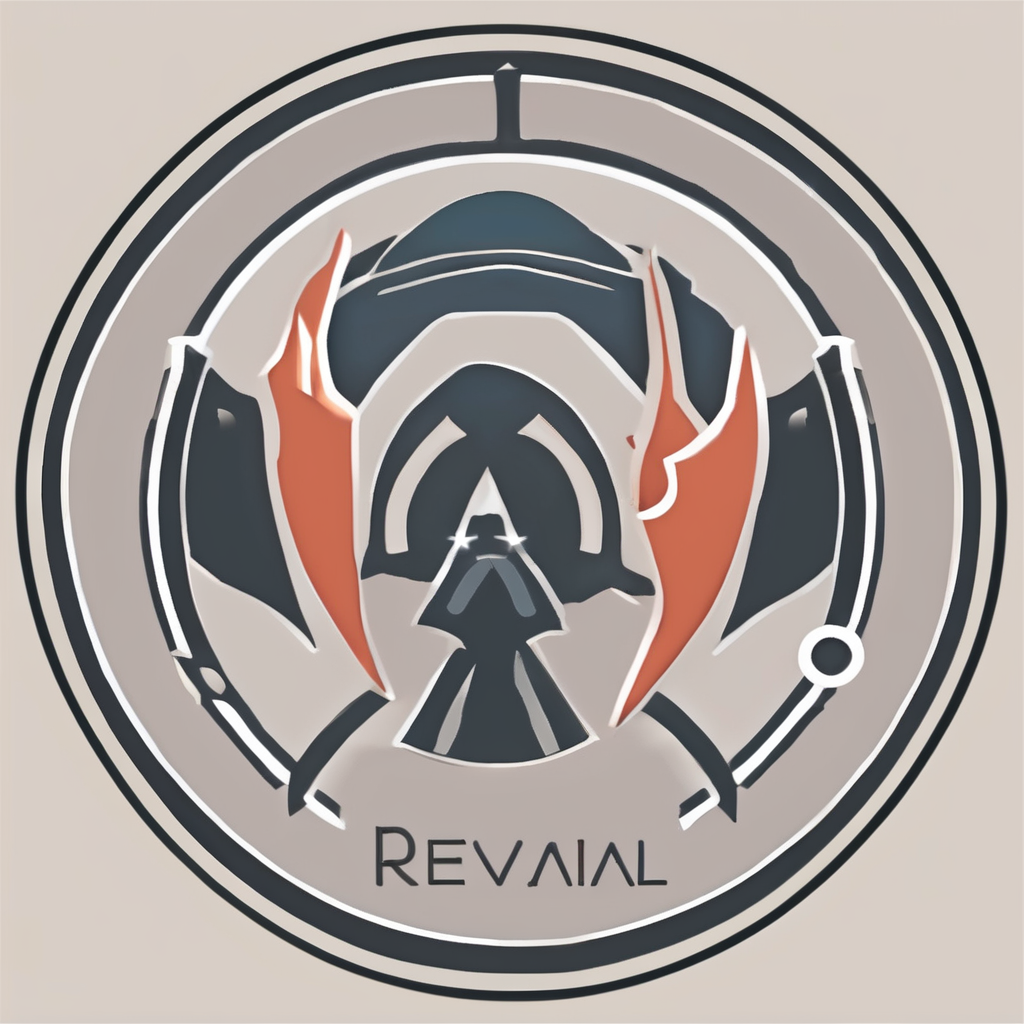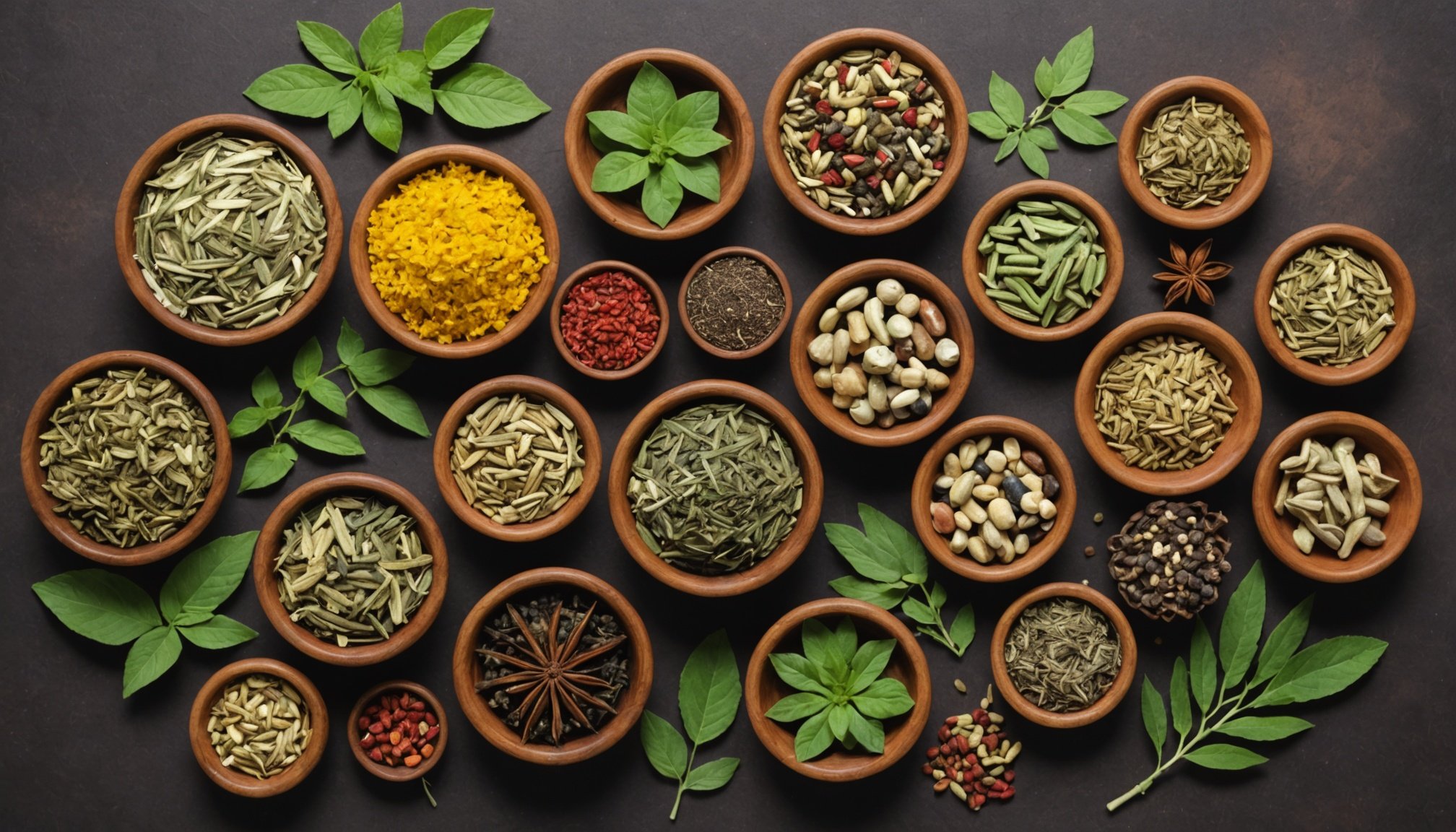The harmonious blend of traditional medicine and modern healthcare marks a pivotal evolution in how we perceive and address health. As we tread further into the 21st century, there is an increasing call to respect and incorporate ancient wisdom with cutting-edge medical advancements. The symbiosis of these two realms not only respects time-honored practices but also propels healthcare into a more inclusive and holistic domain. This article explores the multifaceted benefits of integrating traditional medicine with modern healthcare, emphasizing the transformative potential this integration holds for society.
Bridging Ancient Wisdom with Modern Science
Traditional medicine, with its rich tapestry of therapeutic practices, offers insights that have been shaped over millennia. From herbal remedies to acupuncture and beyond, these practices have been fundamental in shaping health paradigms across continents. When merged with the rigorous scientific methodologies of modern healthcare, a new frontier of healing emerges.
Also to discover : Exploring Innovative Strategies for Managing Resistant Hypertension Without Medications
Holistic Approaches: Traditional medicine often focuses on the overall well-being of the individual, addressing physical, mental, and spiritual health. This holistic perspective complements modern medicine, which can sometimes focus narrowly on symptom relief.
Enhanced Patient-Centric Care: Integrating traditional practices encourages a more patient-centered approach to healthcare. Patients are seen as active participants in their healing journey with choices that resonate culturally and personally.
Also to read : How Does Long-term Antibiotic Use Affect the Immune System Development in Children?
Enriched Diagnostic Techniques: The diagnostic methods found in traditional systems such as Ayurveda or Traditional Chinese Medicine can offer alternative perspectives that enhance understanding of complex conditions.
The synergy between these two domains can lead to innovative treatments and enhanced patient outcomes, marking a shift towards more personalized healthcare.
Cultural Sensitivity and Patient Trust
Incorporating traditional medicine into modern healthcare acknowledges and respects cultural heritage. For millions worldwide, traditional practices symbolize not just healthcare, but an identity steeped in history.
Building Trust in Health Systems: For many, traditional medicine is a familiar territory that inspires trust. Integrating it into contemporary healthcare can bridge gaps for communities hesitant to embrace modern methods alone.
Culturally Sensitive Care: Offering treatments that resonate with cultural beliefs can significantly improve adherence to healthcare regimes, leading to better health outcomes.
Empowering Communities: By valuing traditional practices, healthcare systems empower communities, validating their knowledge and expertise. This fosters collaboration and innovation, encouraging more individuals to seek medical attention when needed.
The integration of these practices ensures healthcare systems are more inclusive, respecting the diverse cultural tapestries that form our global community.
Economic Benefits and Access to Care
The healthcare industry’s integration of traditional and modern practices also brings numerous economic advantages. By broadening the scope of acceptable treatments, healthcare becomes more accessible and economically sustainable.
Cost-Effective Treatments: Many traditional methods, such as herbal remedies, can be cost-effective compared to some high-priced pharmaceuticals. This can relieve financial burdens on both healthcare systems and patients.
Increased Access: Integrating traditional medicine opens up healthcare to a broader range of economic backgrounds. People who might shy away from expensive treatments may find affordable alternatives in traditional medicine.
Boosting Local Economies: The use of locally sourced medicinal plants and traditional remedies can support local economies, encouraging sustainable practices and the preservation of biodiversity.
In essence, blending these approaches can make healthcare more equitable and sustainable, allowing for widespread access and economic growth.
Innovative Research and Development
The confluence of traditional and modern medicine paves the way for groundbreaking research and development. By integrating age-old knowledge with modern scientific inquiry, we open doors to new possibilities and breakthroughs.
Unveiling New Therapies: Traditional medicine’s extensive repertoire of remedies and techniques offers a wealth of knowledge that can inspire new drug discoveries and medical technologies.
Collaboration and Knowledge Sharing: A collaborative landscape encourages knowledge sharing between traditional practitioners and modern scientists, leading to innovations that benefit all of humanity.
Addressing Global Health Challenges: The integration of diverse medical practices fosters a more comprehensive approach to tackling global health challenges, from pandemics to chronic diseases.
By embracing the strengths of both traditional and modern medicine, we set the stage for revolutionary advancements that can redefine the future of healthcare.
As we stand at the crossroads of healthcare transformation, integrating traditional medicine with modern practices presents a unique opportunity for progress. This synthesis not only enriches healthcare systems but also ensures they become more inclusive, culturally sensitive, and economically viable. Embracing this union allows us to draw from a rich tapestry of wisdom and innovation, paving the way for a future where healthcare is as diverse and dynamic as the world it seeks to heal.











